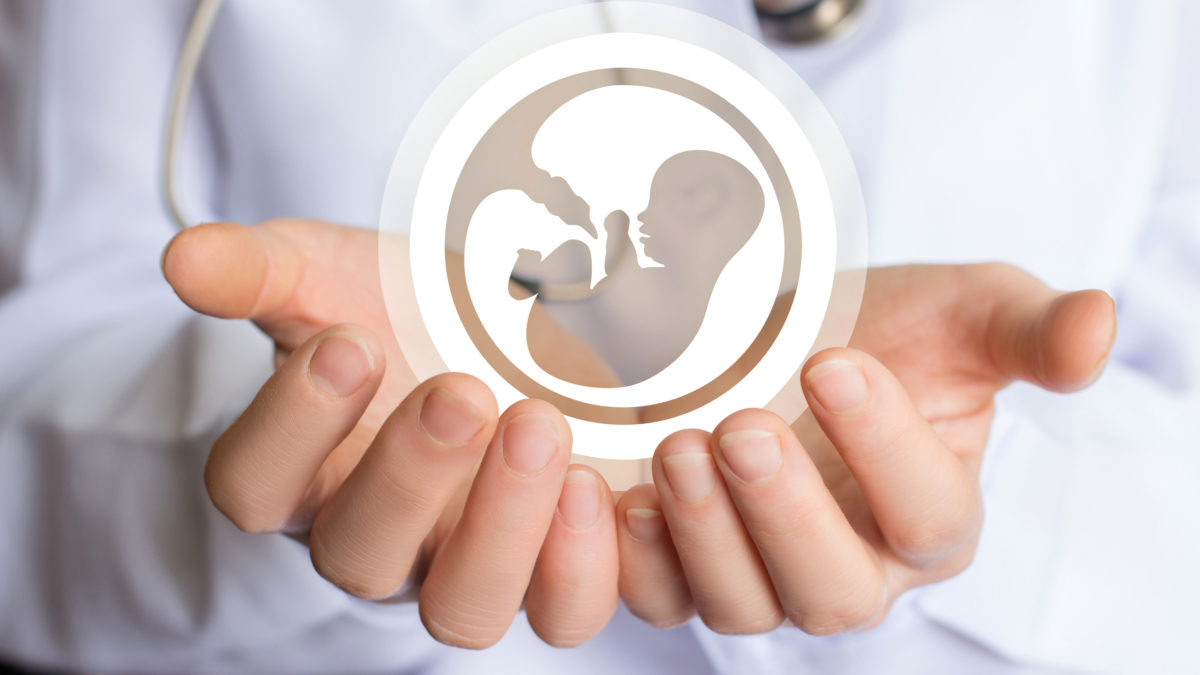A significant percentage of couples have fertility issues. However, your doctor cannot diagnose you with fertility issues until you have tried to conceive and failed after having unprotected sex for over a year. New York City fertility issues affect an increasing number of couples, some of which are age-related. The good news is that you can work with your doctor to design a treatment plan that can help you evaluate infertility and conceive and carry the pregnancy to term. There is a wide range of treatment options your doctor will recommend to help you conceive. Some of these treatments, like acupuncture, may stimulate your body’s energy flow, thus improving your ovulation and menstruation.
Infertility testing for men and women
Anyone who has tried to conceive and has failed wonders when and how to plan to contact a medical professional. Men and women have different tests to evaluate their fertility and figure out the possible concerns making them sterile. For instance:
Men
You should contact your healthcare provider after approximately a year of trying to conceive. Additionally, you should schedule an appointment with the medical expert if you have issues like:
- Erectile dysfunction (ED)
- Reduced sex drive
- Delayed ejaculation or any other concerns with ejaculation
- Pain and swelling in your genital area
Before suggesting anything, your doctor will look at your medical history, asking you about your sexual history, general health, and evaluate infertility triggers. Your doctor will also perform a physical exam to assess your genitals for possible abnormalities and lumps. The medical professional might then request semen analysis to check out your sperm count, the shape of your sperm, and their mobility. Depending on your results, your doctor might ask for additional tests like:
- Genital ultrasound
- Hormone testing
- Genetic testing
Women
Your fertility starts deteriorating after 30years. Your doctor might advise you to consult him after one year of trying to conceive if you are below 35 and after six months of trying if you are above 35years. On your fertility testing appointment, your doctor will take your medical history, asking you about your current health state, sexual life, and any other health concern that may contribute to infertility. The medical professional will then perform a physical examination on your pelvic area to look for abnormalities like fibroids.
Your doctor will inquire if you ovulate monthly and request an ultrasound to check your ovaries and uterus. Other tests your healthcare provider might suggest include:
- Laparoscopy. The use of a tiny camera to examine your internal organs
- Hysterosalpingography. Type of X-ray your doctor will use to assess your fallopian tubes and uterus
- Ovarian reserve testing. Entails combining various hormone tests to determine your potential for conceiving
What factors determine your infertility treatments?
Your doctor will recommend various treatment methods including in-vitro fertilization (IVF), to help you conceive. The type of treatment your doctor is likely to recommend depends on factors like:
- Your age and that of your partner
- Your overall health
- Potential cause of infertility
- How long you have been trying to conceive
Infertility does not necessarily mean that you cannot achieve your dreams of becoming a parent. Talk to your doctor to find treatments that will help you conceive and fulfill your dreams of becoming a parent.








